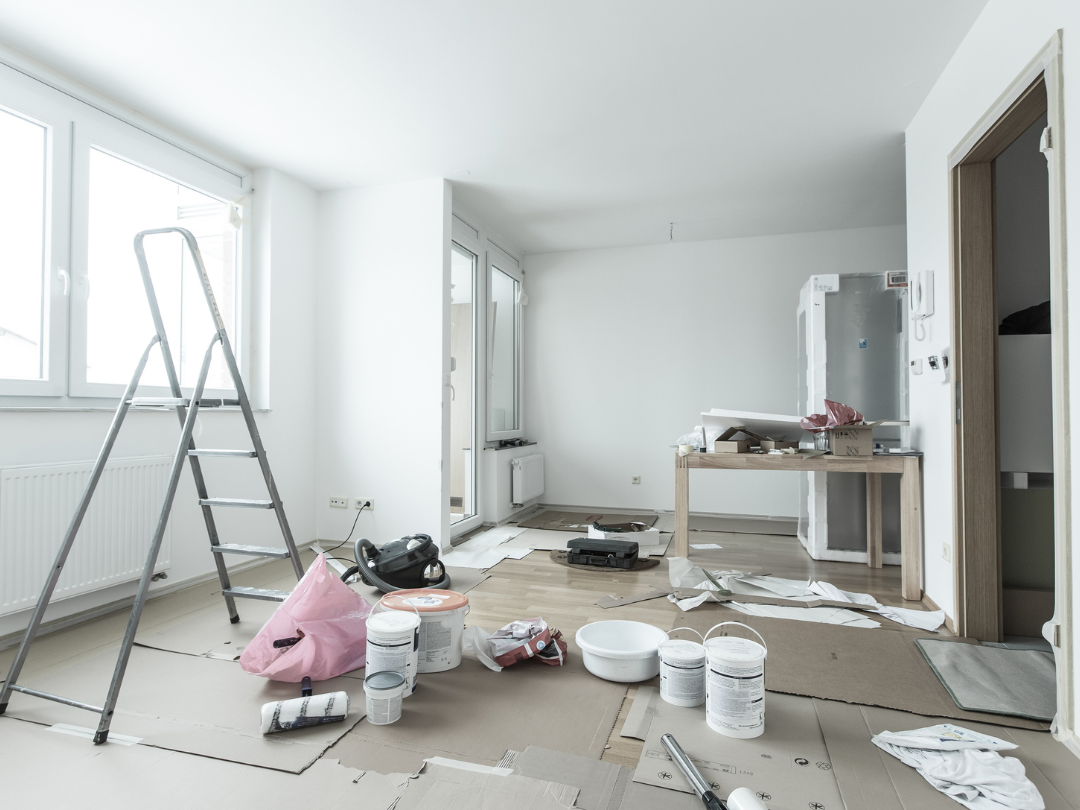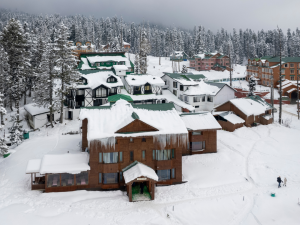Get the week's most popular posts delivered to your inbox.
Our weekly update is free yet priceless and you're less than a minute away from getting the current edition.
In the unlikely event we disappoint, you can unsubscribe with a single click!
Last Updated on October 21, 2025 by teamobn
Keeping your flock hydrated during freezing temperatures is essential for their health and productivity. A reliable chicken water heater prevents water from freezing, ensuring constant access to fresh water. However, not all heaters are created equal, and choosing the right one can make a significant difference. This guide highlights five key features you should prioritize when selecting a chicken water heater.
Contents
Chicken Water Heater Buying Factors
Choosing the right chicken water heater requires careful consideration of features that ensure reliability and functionality. A well-chosen heater prevents water from freezing and makes daily management easier during winter.
Factors like energy source, size, and thermostat controls can significantly impact its performance and efficiency. Let’s explore the key features to focus on when making your purchase.

Energy Source and Efficiency
One of the first decisions is selecting the right power source for your chicken water heater. The energy source affects the heater’s performance, cost-effectiveness, and ease of use.
- Electric Heaters: Electric water heaters are among the most popular options. They’re straightforward to set up and connect directly to an outlet or extension cord, making them a convenient choice for farms with access to electricity. However, they rely on a consistent power supply, which can be problematic during outages.
- Battery-Powered Heaters: For areas without easy access to electricity, battery-powered heaters offer a portable alternative. These heaters are simple to install and don’t require wiring. However, battery replacements can add to the ongoing cost, so they may not be ideal for long-term use.
- Solar-Powered Heaters: Solar-powered heaters are a sustainable and eco-friendly option. They harness energy from the sun, reducing electricity costs and dependence on external power. While their initial setup may be more complex and costly, they’re a great option for those already using solar systems on their property.
When choosing a heater, evaluate your setup and climate to find the best energy source. A well-matched energy source ensures that your flock can always access unfrozen water.
Size and Water Capacity
The chicken water heater’s size and capacity should align with your flock’s needs. Overestimating or underestimating this factor can lead to unnecessary hassle or inadequate hydration for your chickens.
- Capacity for Flock Size: Each chicken drinks roughly one pint of water daily, so you must calculate the total water your flock requires. A two-gallon heater is ideal for a smaller flock of up to eight chickens. For larger flocks, such as 20 chickens, you’ll need a heater with at least three gallons capacity.
- Daily Refilling: Smaller heaters may need daily refilling, which can be inconvenient during harsh weather. If you prefer fewer refills, opt for a larger water heater. However, ensure the size fits well within your coop or run without overcrowding.
- Portability and Placement: Consider whether the heater will be placed on the ground, hung, or mounted. Larger heaters may not always be easy to move, so balancing capacity and portability is key.
Selecting the right size ensures your flock stays hydrated while minimising the effort required for maintenance. Consider these factors to make a practical choice that fits your needs.
Thermostat and Temperature Control
A chicken water heater with a built-in thermostat offers convenience and energy efficiency. This feature automatically detects when the temperature drops and activates the heating element to prevent the water from freezing.
- Energy Efficiency: Thermostat-controlled heaters only operate when necessary, reducing energy consumption. This is especially important if you’re using an electric heater, as it can help lower electricity bills during the cold months.
- Consistent Water Temperature: Maintaining a consistent water temperature ensures that your chickens always have access to drinkable water. Some thermostats even allow for adjustable settings, giving you more control over the heating level.
Investing in a heater with thermostat capabilities ensures reliable performance and minimizes the risk of overheating or water freezing. It’s a must-have feature for anyone aiming to keep their flock healthy through winter.
Durability and Weather Resistance
A chicken water heater must withstand harsh winter conditions. Durability and weather resistance are critical factors when choosing the right product.
- Weatherproof Materials: Look for heaters from high-quality, weather-resistant materials like heavy-duty plastic or rust-proof metal. These materials prevent wear and tear caused by exposure to moisture, snow, and ice.
- Robust Design: The heater’s sturdy design ensures it can handle daily use, especially if you need to move it frequently or place it in outdoor environments. Features like sealed components can protect the internal mechanics from water damage.
- Cord Protection: If using an electric heater, ensure the cord is durable and resistant to chewing by curious animals. Many models include protective covers or reinforced cords for added safety.
Durable and weatherproof heaters last longer and provide peace of mind knowing they can handle extreme conditions. This ensures your investment pays off in reliability and longevity.

Ease of Cleaning and Maintenance
Keeping the water heater clean is essential for the health of your flock. An easy-to-maintain heater can save you significant time and effort during winter.
- Simplified Cleaning Design: Look for heaters with removable parts or wide openings that easily scrub the inside. Some models are designed to prevent dirt and debris from accumulating, which reduces the need for frequent cleaning.
- Quick Refilling: Choose a water heater with a design that allows for fast and hassle-free refilling. Models with secure yet easy-to-open lids or caps are particularly useful.
- Minimal Maintenance: Heaters with fewer moving parts or durable construction generally require less upkeep. For example, solar-powered heaters often have minimal maintenance needs compared to electric or battery-powered models.
Prioritizing ease of cleaning and maintenance ensures your flock can access fresh water throughout the winter. It also makes managing your chicken coop simpler and more efficient.
Recommended Chicken Water Heater
Finding the perfect chicken water heater can be challenging, with so many options available. To simplify your decision, we’ve highlighted a reliable option that balances functionality, efficiency, and durability. Here’s a top pick to ensure your flock stays hydrated throughout the year.
Farm Innovators Heated Chicken Waterer
The Farm Innovators Heated Chicken Waterer ensures your chickens have access to clean, unfrozen water year-round, even in subzero temperatures. Its 2-gallon reservoir accommodates up to 15 chickens and features side-mounted drip-free and freeze-free nipples for easy access. A removable top simplifies refilling, while the thermostatic control maximizes energy efficiency by operating only when needed.
Made of durable plastic, this waterer withstands harsh weather conditions and weighs just 3.25 pounds. With dimensions of 12 x 12 x 11 inches, it fits comfortably in most coops. This chicken water heater is an excellent choice for winter care.
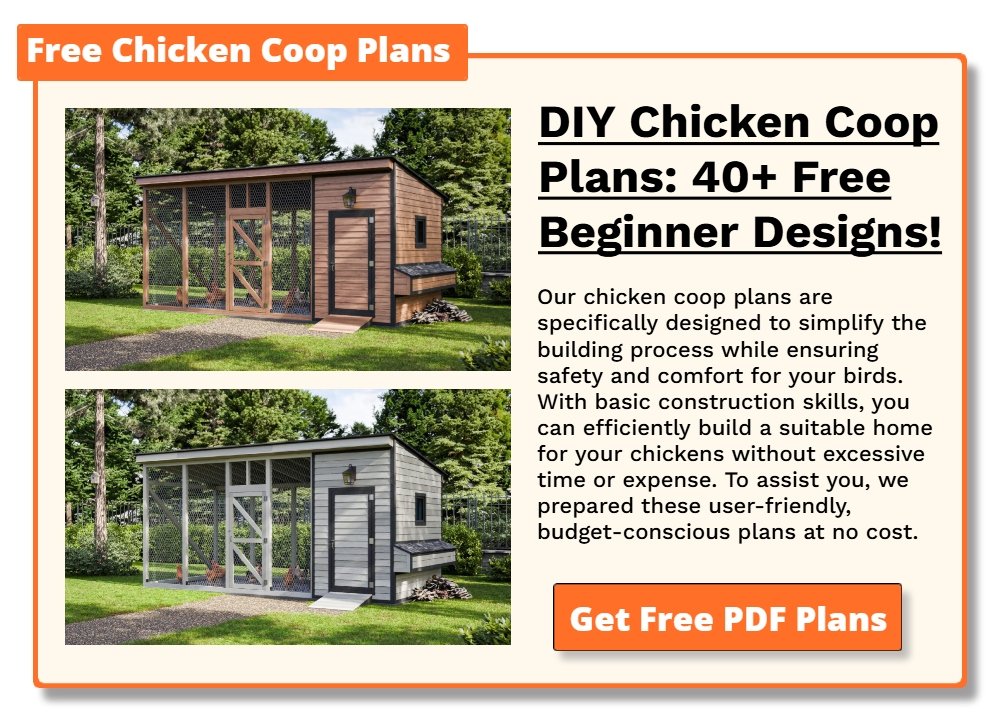
The Zohoko Chicken Water Heater provides a dependable solution for keeping your flock’s water unfrozen during winter. This heater, utilizing advanced heating technology, ensures a steady warm water supply even in freezing temperatures. Its 125W smart thermostatic control activates below 35°F and stops heating at 77°F, maintaining an ideal water temperature to support your chickens’ health.
Designed for durability, the stainless steel construction resists rust and deformation. At the same time, the flame-retardant, plastic-coated 6.4ft power cord ensures safety. Compatible with 1 to 6-gallon plastic or metal waterers, it’s a versatile choice for poultry care. Reliable customer service is included for added peace of mind.
Farm Innovators Chicken Water Heater
The Farm Innovators Chicken Water Heater is a reliable solution for preventing water from freezing in extreme winter conditions. Its thermostatically controlled 125-watt heating base activates only when temperatures dip below 35°F, ensuring energy-efficient operation. It is designed for double-wall metal poultry founts and provides seamless compatibility while preventing frost down to 10°F.
A protective bottom cover shields the heating element from debris, simplifying maintenance and extending the unit’s lifespan. Versatile enough for placement in coops, pens, and runs, this heater ensures your flock has access to fresh water throughout the year, no matter the weather.
Lil’Clucker 15″ Base Heated Chicken Water Heater
The Lil Clucker Chicken Water Heater is an excellent choice for keeping your flock’s water unfrozen throughout the winter. Equipped with a powerful 125W thermostatic control, it activates below 35°F and shuts off at 77°F, ensuring optimal water temperature for your chickens’ comfort and well-being.
Its vibrant orange or blue design and durable, quality-painted finish add a stylish touch to your coop. A 12-foot power cord offers flexibility in placement, while built-in LED indicators allow easy monitoring of power and heating status. This safe, reliable heater ensures fresh, warm water for your flock all season.
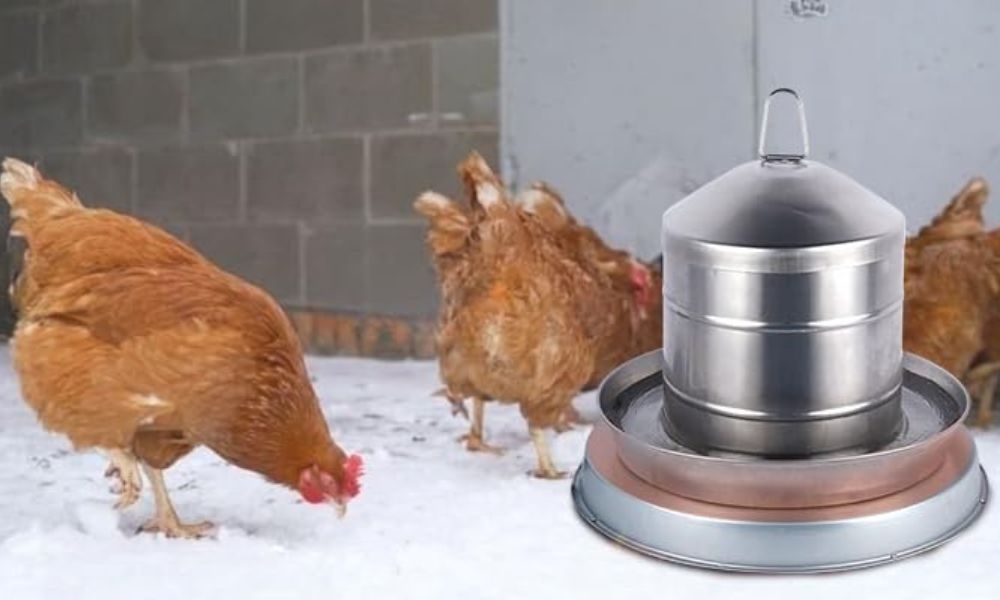
The GIFANK Heated Chicken Waterer is a convenient all-in-one solution for providing your flock with warm, clean water during winter. Its built-in heating system maintains a constant temperature of 130-145°F, ensuring water stays warm without the risk of overheating or scalding your chickens. This feature also eliminates the need for a separate heating base, simplifying setup and use.
Constructed from durable plastic and featuring a high-quality silicone bottom for efficient heat transfer, the waterer is designed to withstand harsh weather conditions. Added removable leg supports prevent tipping and spillage, ensuring a stable, mess-free water source for your poultry year-round.
How to Properly Install and Use a Chicken Water Heater
A chicken water heater can be a lifesaver during winter, but installing and using it correctly is essential to ensure safety and efficiency. Proper setup not only keeps your flock’s water from freezing but also extends the heater’s lifespan. Follow these steps to install and maintain your chicken water heater for optimal performance.
Choose the Right Location
The placement of your water heater is crucial for its effectiveness and safety. Select a location within the coop or run that is sheltered from harsh weather conditions, such as wind and snow. Ensure the area is dry and has easy access to an electrical outlet or power source if using an electric model. Avoid placing the heater near flammable materials to reduce fire hazards.
Set Up the Heater Correctly
Once you’ve chosen the location, follow the manufacturer’s instructions for setting up the heater. For heaters with a base, ensure the surface is level to prevent tipping or spilling. Secure a suspended heater properly at the recommended height if you’re using it. For models with removable parts, assemble them tightly to avoid leaks or instability.
Connect to a Power Source Safely
If your heater requires electricity, use a weatherproof extension cord rated for outdoor use. Ensure the connection between the cord and the heater is secure and moisture-free. Some models include flame-retardant power cords, but always check for damage before plugging in the heater. If you’re using solar or battery-powered models, follow the instructions for charging or replacing batteries.
Test the Heater Before Full Use
Before relying on the heater for your flock, test it in controlled conditions. Fill the water reservoir and activate the heater. Check for consistent warming and ensure the thermostat operates as intended. Look for any issues such as uneven heating or leaks that may need addressing before regular use.
Monitor Water Levels and Heater Performance
During winter, check the water heater daily to ensure it’s functioning correctly. Refill the water as needed and inspect the heater for any signs of wear, such as damaged cords or loose parts. Pay attention to the water temperature to ensure it remains drinkable for your chickens without overheating.
Practice Regular Maintenance
Keeping your chicken water heater in good condition requires regular cleaning and maintenance. Remove any debris or buildup from the heater and waterer to prevent clogs and contamination. If the heater has removable parts, clean them separately and allow them to dry before reassembly.
Store the Heater Properly in the Off-Season
When the cold season ends, clean and store the heater in a dry, safe place to protect it from damage. For electric models, inspect the cords and heating elements for any signs of wear, and address repairs before the next winter season.
Following these steps ensures your chicken water heater is safe, efficient, and long-lasting. Proper installation and maintenance will benefit your flock’s health and provide peace of mind throughout the winter months.

Extending the Lifespan of Your Chicken Water Heater
A chicken water heater is an essential investment for maintaining your flock’s health during the colder months. Proper care and maintenance can significantly extend its lifespan, ensuring it works efficiently year after year. Follow these steps to protect your heater and maximize its durability.
Clean the Heater Regularly
Debris, dirt, and mineral buildup can reduce the efficiency of your chicken water heater over time. Regular cleaning prevents these issues and ensures your flock always has access to fresh water.
- Remove Debris: Check the heater and water reservoir for dirt or debris. Use a soft brush or cloth to clean the surface without damaging the material.
- Use Mild Cleaners: Avoid harsh chemicals that can corrode components. Opt for mild soap and water or a vinegar solution to remove stains or mineral deposits.
- Rinse Thoroughly: After cleaning, rinse all parts to ensure no residue remains, which could harm your chickens.
Inspect for Damage
Frequent inspections help identify potential issues before they become major problems.
- Check Electrical Components: For electric heaters, examine the power cord for fraying or damage. Replace worn cords immediately to avoid safety hazards.
- Inspect Structural Integrity: Look for cracks, rust, or warping in the heater. Damaged components can reduce efficiency and lead to leaks or malfunctions.
- Test the Thermostat: Ensure the thermostat functions correctly by monitoring the water temperature during use.
Use the Heater Properly
Improper use can cause unnecessary wear and tear on your chicken water heater.
- Follow Manufacturer Guidelines: Always adhere to the setup and usage instructions provided by the manufacturer.
- Avoid Overloading: Match the heater’s capacity to your flock size. Using it beyond its intended capacity can strain the device.
- Prevent Dry Operation: Ensure the water reservoir is always filled. Running the heater dry can damage the heating element.
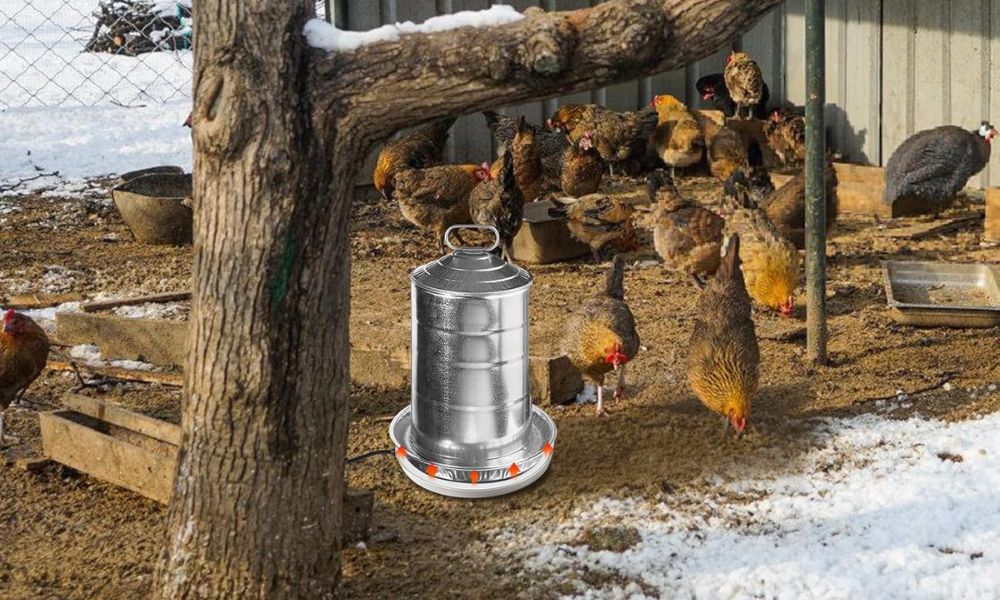
Protect from Harsh Weather Conditions
Even though most chicken water heaters are built to withstand tough conditions, additional precautions can help extend their lifespan.
- Place in a Sheltered Area: Position the heater in a location that is protected from direct exposure to snow, rain, and strong winds.
- Elevate the Heater: Use removable legs or place the heater on a stable, elevated surface to prevent contact with mud or standing water.
- Secure the Power Cord: Use cord covers or clips to protect electrical connections from moisture and accidental damage.
By incorporating these practices, you can prolong the life of your chicken water heater and ensure it remains a reliable tool for keeping your flock hydrated during winter. Regular care and proper use are key to protecting your investment and maintaining the health of your chickens.
Conclusion
Choosing the right chicken water heater ensures your flock stays hydrated and healthy during winter. Key features like a reliable energy source, adequate capacity, and thermostat control can make a big difference in performance. Durability, ease of maintenance, and safety features add value and convenience to your purchase. Considering these factors will help you find a heater that meets your needs and provides consistent results.
Get the week's most popular posts delivered to your inbox.
Our weekly update is free yet priceless and you're less than a minute away from getting the current edition.
In the unlikely event we disappoint, you can unsubscribe with a single click!




